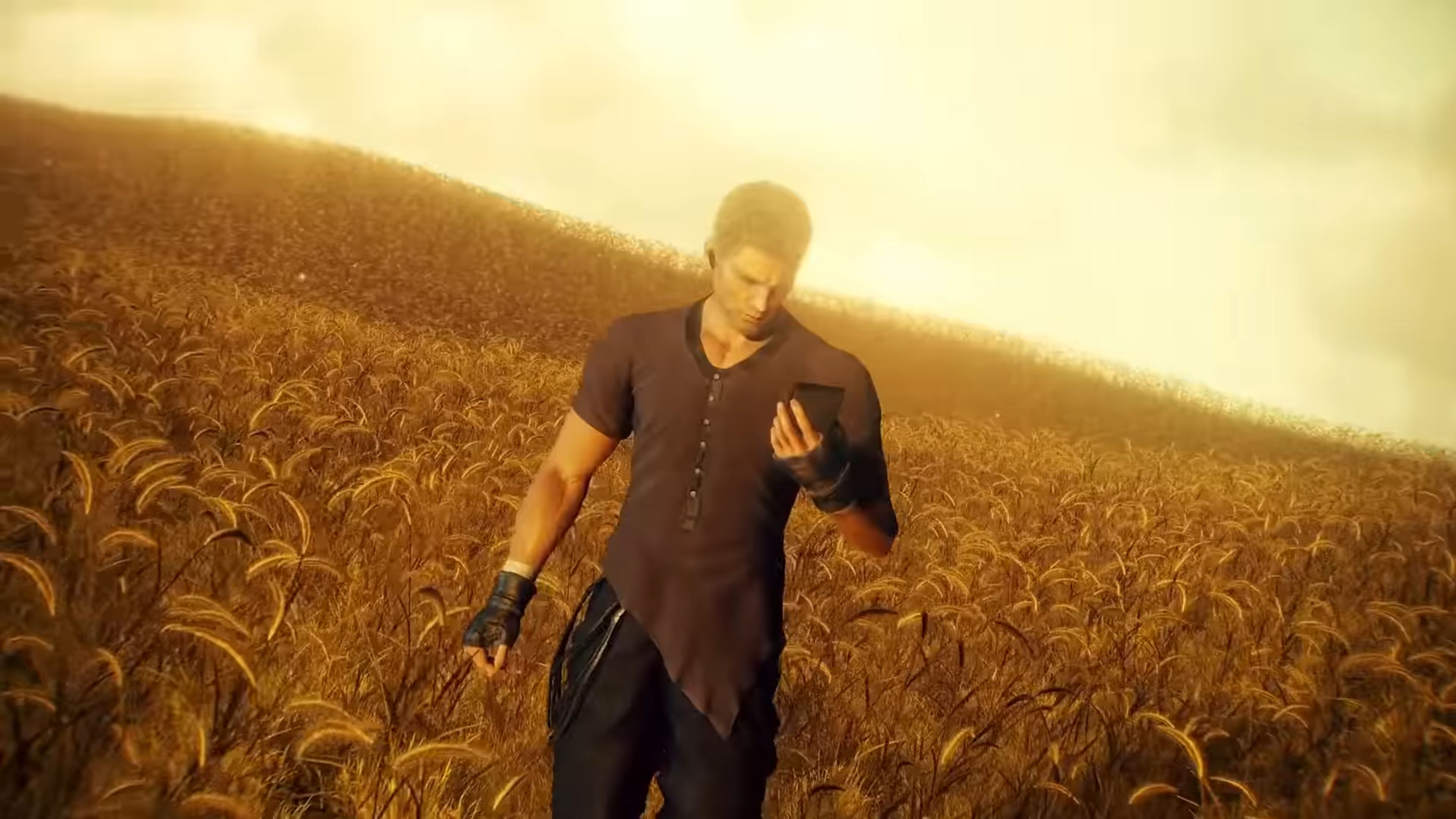While there’s so much to say about the latest trailer for Stranger of Paradise: Final Fantasy, it’s hardly a surprise that the part of the preview that’s catching everyone’s attention is its use of Frank Sinatra’s “My Way:” a seemingly strange needle drop that is actually oddly fitting.
If you haven’t seen the new trailer, I highly recommend you set aside about five minutes of your day to give it a look. It’s even crazier than the game’s absolutely wild debut trailer:
As noted above, the trailer’s most bizarre moment occurs around the 2:45 mark when the otherwise fairly standard epic fantasy soundtrack suddenly fades away and is replaced by the 1969 Frank Sinatra hit “My Way.” It’s an unexpected needle drop that initially seems to be another strange choice in what has already been a series of strange choices that have defined this project so far.
While you’re excused for believing that Stranger of Paradise developer Team Ninja chose this particular song because they like choosing weird songs (the Stranger of Paradise demo features a Limp Bizkit tune), Final Fantasy Origin producer Jin Fujiwara reveals that “My Way” happens to touch upon core elements of the ARPG’s plot.
“The story is going to be depicting Jack and how he lived and the choices he made throughout his life,” Fujiwara says in an interview with Polygon. “And so the fact that he is sort of living his life and making the choices that he is confident and he is not going to regret we felt really matched with the lyrics of ‘My Way’ so we wanted to incorporate that song [in the trailer].”
That’s a perfectly reasonable (and certainly interesting) explanation for the use of this song, but those who know a little more about this series and this project may also recognize some of the other ways that this inspired song choice fits the Final Fantasy franchise so well.
Stranger of Paradise is essentially a remake/reimagining of the original Final Fantasy game which, as we’ve talked about before, wasn’t just a revolutionary RPG title but a real shot in the dark project that essentially ended up saving the company despite the fact that many doubted the team could pull it off or that it would be a sales success even if they did. For better or worse, the song “My Way” has really become the anthem for bold swings and the people who make them (or at least those who think that is what they’re doing). It’s easy enough to see the use of this song as a simple tribute to the nature of the rebellious nature of the first Final Fantasy and the franchise it spawned.
However, Team Ninja’s use of this song is likely just as much about their history and style as it is the legacy of the Final Fantasy franchise.
To put it mildly, Team Ninja has made a name for themselves over the years through their commitment to doing things differently. They’re not just a studio that often makes fundamentally weird games; they’re a studio that is often quite vocal about their commitment to doing things differently. Their commitment to that concept has also inspired them to come after critics (in various, not always harmful ways) who call out some of their specific decisions.
That being the case, it’s entirely possible that the decidedly mixed reception to Stranger of Paradise‘s debut trailer and demo have once again inspired Team Ninja to loudly declare their commitment to staying the course and continue to do things their way. Like it or not, this is seemingly going to be as much (if not more) of a Team Ninja game as it is a Final Fantasy game.
And yes, as Fujiwara points out, the Final Fantasy franchise is filled with solemn protagonists battling the odds, presenting themselves as loners (though they obviously end up being in the middle of a full party of friends), and generally doing things their way. Honestly, Final Fantasy 8‘s Squall feels like exactly the kind of person who would listen to “My Way” a bit too much.
So, while I’m perfectly willing to believe that Team Ninja’s use of “My Way” can primarily be attributed to the game’s plot and themes, it’s certainly interesting to think of the various ways that the song provides a slick bit of meta-commentary.
